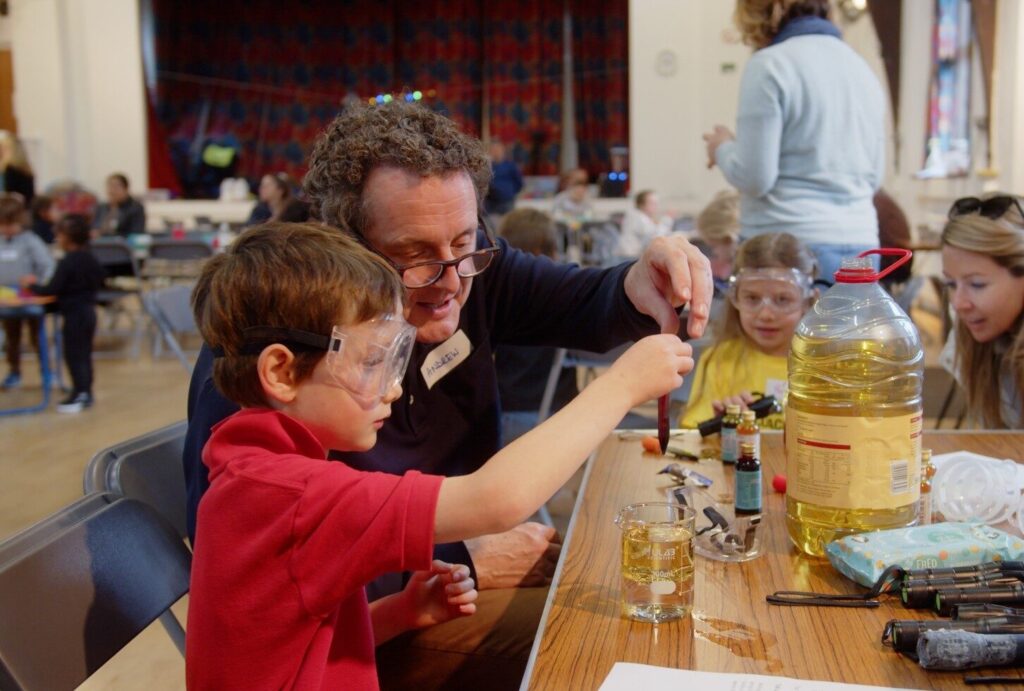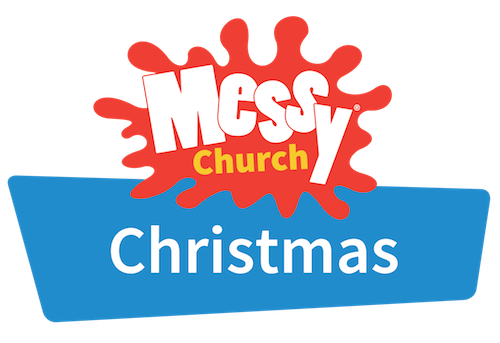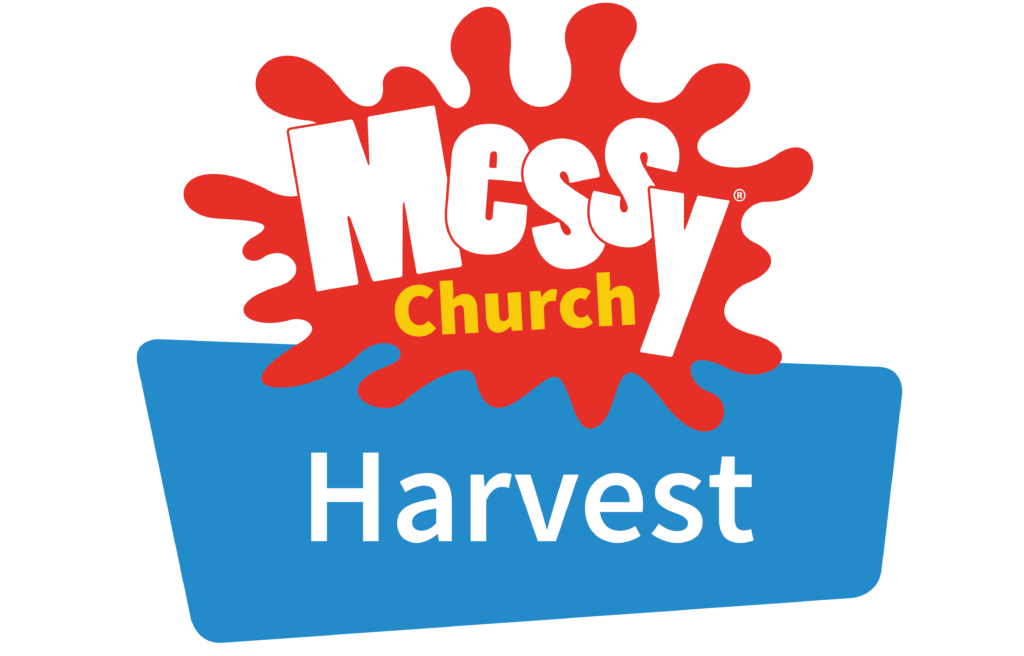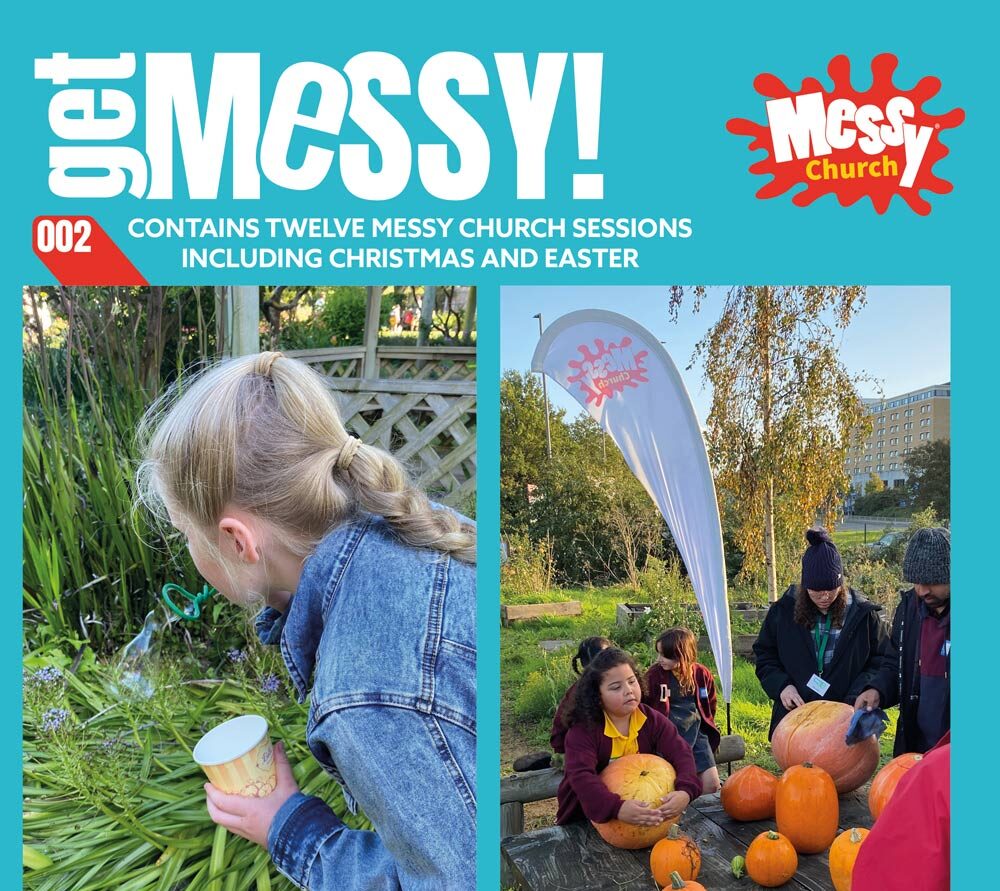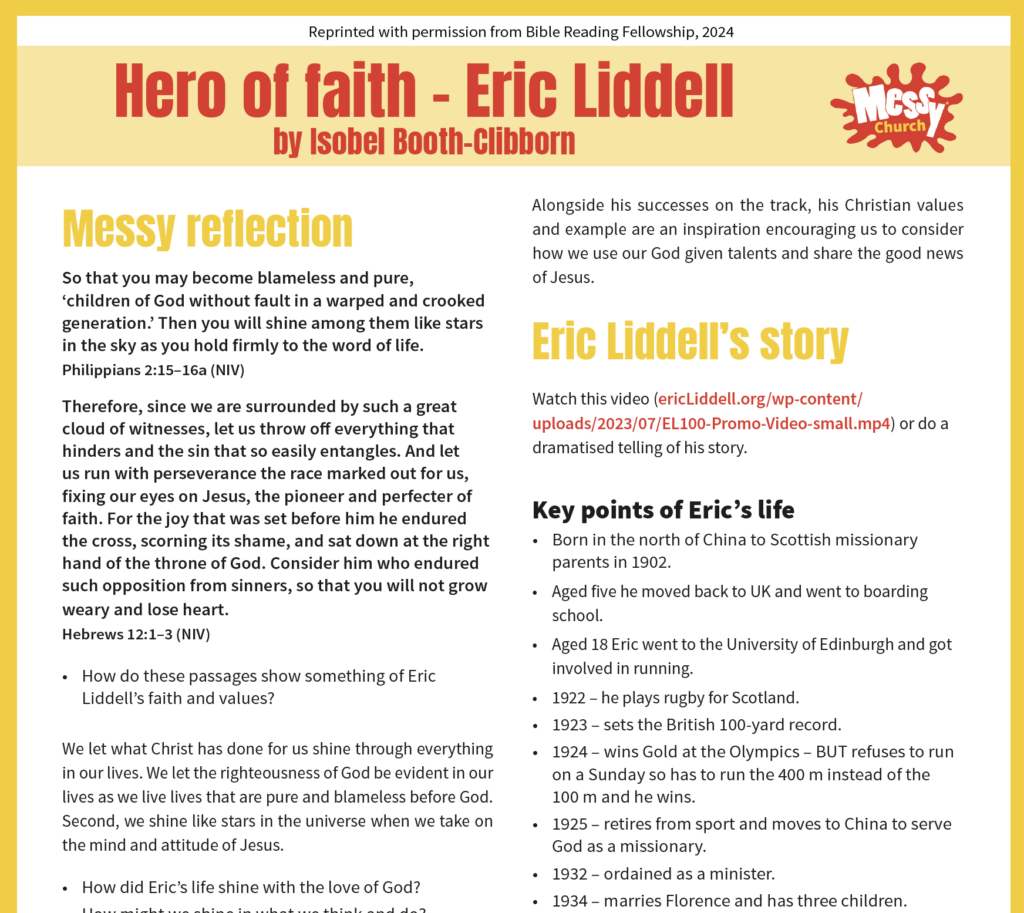This guide is for families and churches on the importance of social action as part of your Messy Church.
Messy social action:
- Messy Church seeks to be both ecclesial and missional; in other words, to be both fully a church where the congregation is nurtured and taught in the faith, as well as a church that goes on reaching out creatively with the compassion of God and the good news of Jesus to others in its community and beyond.
- Many Church denominations recognise the Five Marks of Mission formulated originally by the Anglican Church. These include: responding to human need by loving service; transforming unjust structures, challenging violence and promoting peace and reconciliation; and safeguarding the integrity of creation. Taking account of these missional aims when we plan and run our Messy Churches helps us to open our eyes to the bigger, global picture both of the church worldwide and the pressing needs of a broken world which God has called us to serve.
- Serving the local community is already at the heart of Messy Church, and is expressed in its core values of hospitality, creativity, celebration and being intergenerational. All this is done in the name of Christ, whose life and presence is the inspiration for all that Messy Church undertakes. Loving our neighbour as ourselves is our response to God’s love for us and this should be expressed locally, nationally and globally in social action both as individuals and corporately as Messy Churches.
- This dimension of social action can become part of the lifeblood of a Messy Church through: the Bible themes that are explored; the regular inclusion of a social action activity at one of the tables; the prayers and giving in the celebration; and the generosity of the shared meal.
- As a congregation of a local church, there will already be a number of recognised community projects, local charities or neighbourhood concerns that could become a focus for prayer, awareness raising and financial giving at a Messy Church. Perhaps one of these causes could be adopted each term and, over that term’s three or four Messy Churches, an activity be included at each session to make some intentional link to local needs. For example, collecting items for a food bank or homeless shelter; raising money for a local hospice; or getting involved in a local environmental improvement scheme.
- Messy Churches are part of the worldwide church of God and so should also consider wider issues of peace, justice and emergency aid. For example, a number of Messy Churches run whole sessions around the theme of Fairtrade Fortnight, Christian Aid week or Water Aid, raising money for and increasing awareness of those in need around the world. Other congregations of your church may also have a mission partner connection with other parts of the world, and it would be good to connect your Messy congregation with their stories and prayer needs as well.
- In addition, there are many special Sundays or weeks during the year dedicated to particular issues such as refugees, prisoners, those facing debt or abuse, or in support of the work of health professionals and peacemakers. By including this dimension in our Messy Church programme, we are helping new Christians, as well as those on the team, to grow a faith that is expressed through service of and concern for others beyond their own families and networks.
- The BRF Messy Church team have already produced sessions for some agencies such as Christian Aid and Children’s Society, with more in the pipeline. See our Christian Aid Resource or visit Children’s Society for more information.
- Messy Churches could also try to include this local, national and global dimension of love for others in the prayers during the celebration, as activity suggestions on a take-home sheet or through a local Messy Church Facebook page.
- It cannot be underestimated how many opportunities there will be to support good works of all kinds in the local community through the new contacts made at Messy Church. By coming alongside the concerns and passions of these new families, Messy Churches are not only supporting God’s wider mission in the world, but also encouraging a greater sense of Messy Church belonging for those whose causes they support.
- A growing number of Messy Churches are also finding that their mission is expressed by taking a small team from the Messy Church to work together to bless others in their community, for example, litter picking, gardening or collecting clothes for those on the streets. There have been some groups who have taken a version of Messy Church into local nursing and care homes, sharing faith with the usual Messy mix of creativity, celebration and food, as well as building important bridges between the younger generations and the isolated elderly on their own doorstep.
- The key value of being Christ-centred in Messy Church compels us to respond with compassion to those in need around us. Although some causes will always be with us, there will also be others that are particular to the news of the moment and it is good if these are at least recognised in Messy Church. This demonstrates very clearly that the Christian faith has its eyes open and wants to bring God’s love into every situation. Recently in the UK, for example, the issues surrounding refugees and those seeking asylum have been hugely significant, and some Messy Churches have raised money or gathered food and resources to be taken to camps in France or to welcome new people into homes in the neighbourhood.
- Finally, while acknowledging that Messy Church is itself missional, in that it is reaching out to those who don’t usually do church in its traditional form or may have never been to church before, it is also important to recognise that this is only part of its mission. A church will only grow if it continues to be creatively missional and therefore it is the mark of a healthy Messy Church that it includes and highlights social action and compassion for those in need as a regular feature in its programme.
Let us know if you’ve got any thoughts, ideas or questions about this topic. Join the conversation on Facebook and Twitter.
